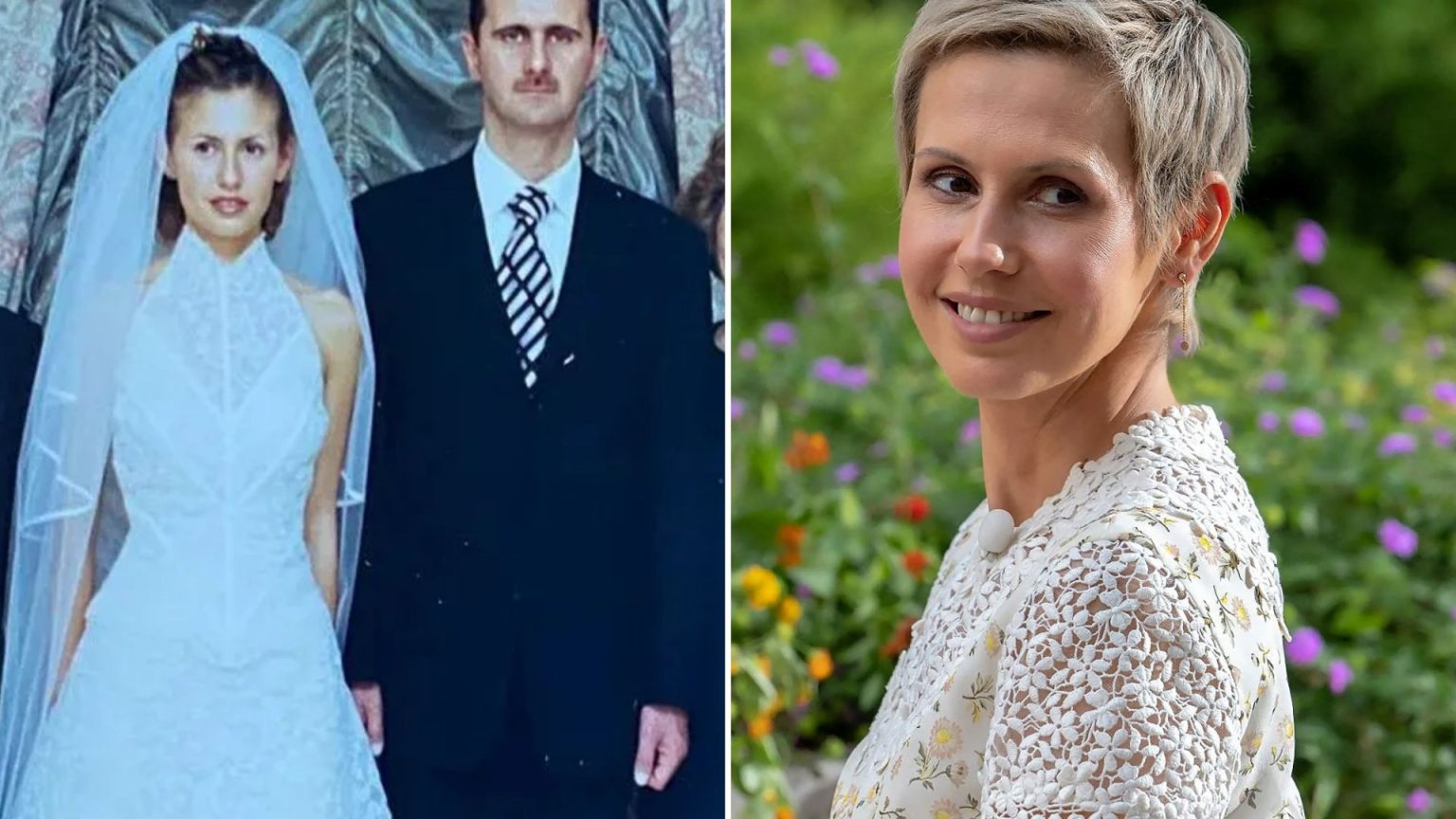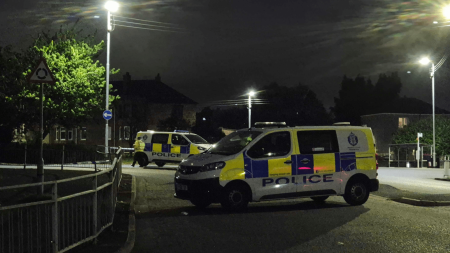Asma al-Assad, the British-born wife of Syrian dictator Bashar al-Assad, finds herself effectively exiled from her homeland, the United Kingdom. Her British passport, which expired in September 2020, has not been renewed, effectively barring her return. Currently residing in Moscow with her husband and family under the protection of Vladimir Putin after fleeing the collapse of Assad’s regime in Syria, Asma is reportedly battling acute myeloid leukemia and desires to return to the UK for treatment. However, the British government, particularly Home Secretary Yvette Cooper, appears unwilling to grant her entry, even on compassionate grounds. This stance is fueled by the widespread condemnation of Asma’s complicity in her husband’s brutal regime, marked by war crimes, oppression, and widespread suffering inflicted upon the Syrian people.
Asma’s journey from a London-born investment banker to the “First Lady of Hell” is a stark contrast. Raised in a comfortable West London home, she earned a computer science degree from King’s College before meeting Bashar al-Assad during a trip to Syria. Their marriage coincided with Assad’s ascension to power following his brother’s death. Initially portrayed as a modernizing force in Syria, Asma cultivated an image of an independent, Western-educated woman, a stark contrast to the traditional image of Middle Eastern first ladies. However, this image quickly crumbled as her husband’s regime descended into brutality. Asma is now accused of actively supporting and benefiting from the regime, indulging in a luxurious lifestyle while the Syrian people endured unimaginable hardship.
The calls for Asma to be stripped of her British citizenship have intensified, with prominent figures like Foreign Secretary David Lammy publicly stating that she is no longer welcome in the UK. Robert Jenrick, the shadow justice secretary, has echoed this sentiment, arguing that her return to a life of luxury would be a grave insult to Assad’s countless victims. The weight of the atrocities committed by the Assad regime, coupled with Asma’s alleged complicity, has effectively closed the doors to her return to British soil.
Asma al-Assad’s current predicament is further complicated by her health struggles and her reportedly strained relationship with her exiled life in Moscow. Living under the watchful eye of Vladimir Putin, she reportedly yearns for a return to London and her former life. However, this aspiration appears unattainable given her current status. Her illness, coupled with the UK government’s refusal to renew her passport, leaves her trapped in a “golden cage,” dependent on the very individual who offered sanctuary to her and her family. The once-promising image of a modernizing influence in the Middle East has been irrevocably tarnished by her association with a regime responsible for immense human suffering.
The British government’s firm stance against Asma’s return underscores the gravity of the situation. It reflects not only the severity of the crimes committed by the Assad regime but also the British public’s condemnation of Asma’s alleged role in supporting and benefiting from those atrocities. The denial of her passport renewal serves as a potent symbol of accountability, emphasizing that those who participate in oppressive regimes cannot expect impunity, even if they hold ties to the countries where they seek refuge.
Asma al-Assad’s story serves as a cautionary tale of how easily the veneer of modernity can mask complicity in oppression. Her journey from a privileged London upbringing to her current predicament in Moscow underscores the complexities of power, complicity, and the enduring consequences of supporting brutal regimes. The UK’s refusal to allow her return serves as a testament to the international community’s commitment to holding accountable those who enable and benefit from human rights abuses, regardless of their background or connections. Her once-bright future has been eclipsed by the dark shadow of her husband’s regime, leaving her isolated, ill, and effectively barred from the country she once called home.











